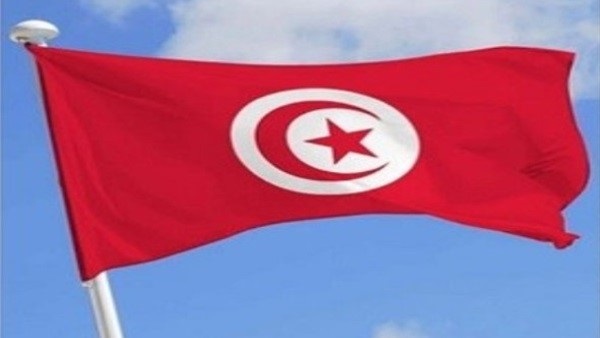Illegal migration brings EU support to Tunisia's doorstep

Negotiations between
Tunisia and the International Monetary Fund (IMF) have come to a screeching
halt, after Tunisian President, Kais Saeed, rejected the terms of the
international lender, including required subsidy cuts.
However, this leaves
Tunisia with a gruelling economic crisis, one it has been suffering since the
beginning of this year.
This comes amid reports
about imminent bankruptcy in the North African state.
The crisis is now
manifested in the failure of the Tunisian government to pay the salaries of
civil servants.
This crisis coincides
with the backlash Tunisia faces from the growing problem of illegal migration.
The northern city of Sfax
has evolved into one of the most important starting points for illegal
migration towards Italy.
This prompted EU
countries to move to support Tunisia economically.
These countries want to
support Tunisia in the face of illegal migration by supporting its economy and
preventing its economic downfall.
According to the UNHCR,
since the beginning of this year, about 90,000 migrants have arrived in Italy from
Tunisia.
It said the majority of
the migrants sailed from Tunisia, while the rest arrived from Libya.
Invest in
Tunisia
Italian Deputy Prime Minister
and Foreign Minister, Antonio Tajani, urged EU states on Thursday to invest in
Tunisia to support the Arab country's stability and stop the flow of illegal
migrants from it.
He added at a meeting
of EU foreign ministers in Toledo, Spain, that the EU ought to work for the
stability of Tunisia by investing in the country, and implementing the
memorandum of understanding to stop illegal migration.
"The Tunisian
police are working well at the moment, but we are ready to do more," the
Italian top diplomat said.
"We have proposed
to provide Tunisian authorities with new Italian patrol boats to stop the
crimes," he added.
He noted that it is the
same human trafficking organizations that transport drugs and weapons to
Europe, in general, and his country, in particular.
He called for implementing
the agreement between the EU and Tunisia.
The Italian foreign
minister also called on the IMF to get more flexible to achieve economic
stability in the country.
Tunisian economist, Wafa
Ben Mohamed, said latest gestures by EU officials had opened the door for
economic improvements in Tunisia.
She referred to the
role of regional countries, such as Saudi Arabia, the United Arab Emirates and
Kuwait, in providing soft loans to Tunisia.
"These loans have
contributed to averting any economic collapse," she was quoted by some
media outlets as saying.







